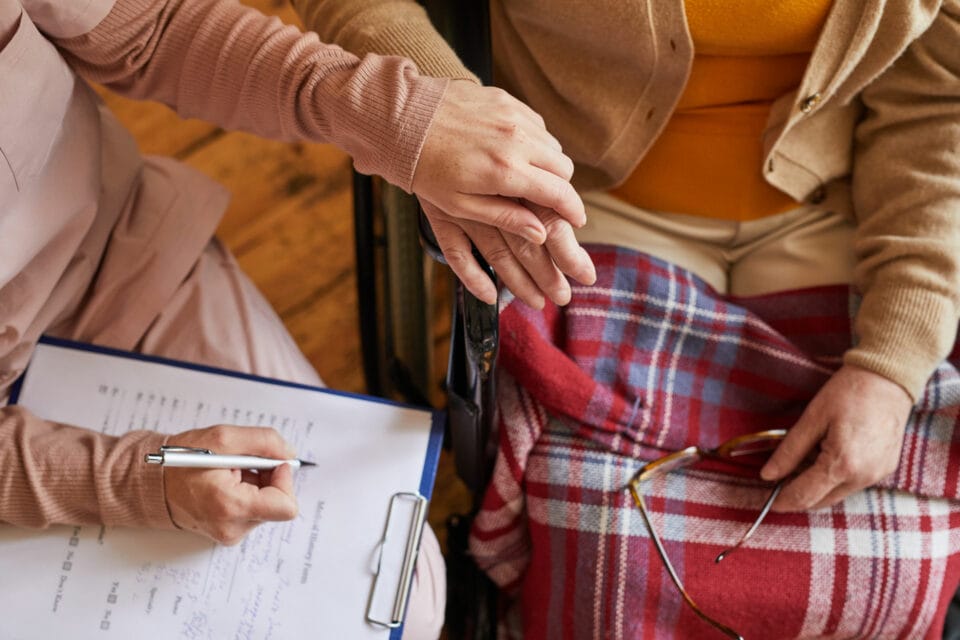Why file a complaint ?
Taking such a step can make a person feel helpless, due the complexity of the Health and Social Services network.
- Upholding your rights and dignity.
- Correct a situation so it does not happen again.
- To improve the quality of Quebec’s health care.
What is the complaint examination process?
The complaint examination process is a fast and free process to :
To correct situations.
To prevent mistakes from happening again.
To better understand what has happened.
Require that the professional orders remind their members about best practices.
It’s important to understand that the complaint process in not a « punitive » process, but a « corrective » one. Of course, there is nothing to prevent you from taking legal action, but the CAAP does not intervene in such proceedings and you will have to call a lawyer.
Who can file a complaint in the public health-care?
- Health and social services network users and people living in private senior’s residences
- A parent, guardian or legal representative on behalf of a minor under 14 years old
- A legal representative on behalf of a user of full age or under temporary legal incapacity
- As the eir or legal represenstative of a user or deceased residant
Concerned institutions
The CAAP-AT will accompany you throughout the whole process with these facilities :
- Hospital center
- CLSCs
- CHSLDs
- Rehabilitation centre
- Youth centre
- Intermediate resources
- Residence or foster family
- Seniors’ residence
- Community organization
- Ambulance services
Subjects of complaint

- Difficulty to find a physician
- Waiting list
- Service breaks

- Fees related to care and services
- Medical fees
- Billing for ambulance service or other transportation
- Use of public funds
- Special needs

- Organization of health care and social services
- Assessment or professional judgement
- Assistance to treatment and care
- Care-related decisions and interventions

- Surroundings organization
- Respect towards the procedures
- Security and safety
- Hygiene and healthiness
- Comfort and convenience
- Material equipment
- Daily lives of individuals and activities
- Food
- Clientele Diversity

interpersonnelles
- Confidentiality
- Intimacy
- Respect of others
- Self-empowerment
- General behavior
- Reliability and empathy
- Communication with users and their acquaintances
- Violence and abuse
